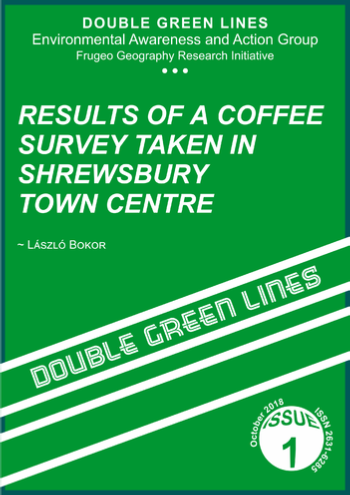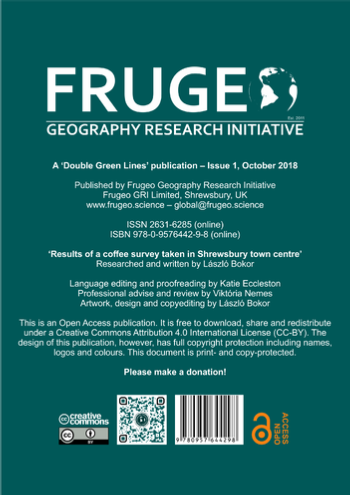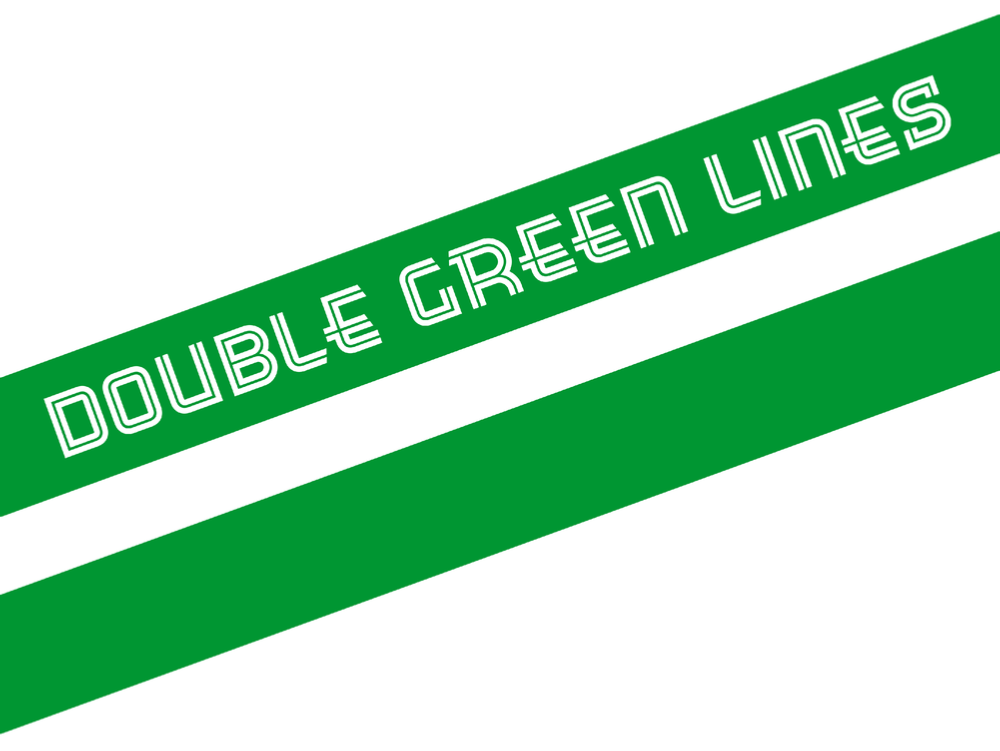
Double Green Lines
Environmental Awareness and Action Group (by Frugeo)
‘Double Green Lines’ is an environmental awareness and action group that focuses on local communities and offers people the opportunity to learn, travel and engage in purposefully creating an environmentally conscious, sustainable and a responsibly interlinked global community.
Since its foundation, Frugeo Geography Research Initiative has invested a significant amount of time and effort in promoting the importance of Geography, thus Earth Sciences, in Environmental Awareness. This includes, just to mention a few areas, energy resources, luxury commodities, sustainable development, communal recycling and reuse, and green transportation. It was also one of the main reasons that Frugeo’s very own journal, Geographical Locality Studies, was brought into existence which has also found a good way to blend the boundaries between Earth and Environmental Sciences.
We know for sure that the Earth and the Environment do not exist without each other. We have now reached a new milestone and it is time for us to lay down the ‘green’ brick path to our environmental awareness and action group, which sources its knowledge from scientific disciplines and takes real action including education, research and field activities. Our name borrows the meaning of double yellow lines which are road markings in the UK and indicate a prohibition of waiting. In our case this means that we are proactive, forward thinking and highly focused on what we want to achieve ‘at the end of the lines’. We have changed the yellow to green to be more compatible with our environmental consciousness.
The idea of this group is to promote environmentalism through education, therefore environmental awareness is where we offer understanding on how anthropogenic (human) activity affects the natural/physical world, how it transforms that to a geographical/social world and then what we can do to protect and preserve it for future generations.
The action part of the group is ‘the act.’ This, on the one hand, must be research, therefore we aim to write and release more publications. On the other hand, the group will aim to organise workshops and field works, mainly involving children, where they can learn skills and ideas to be more efficient in environmentalism.
The number of environmental issues seems limitless but, nonetheless, they are all important. We will initially, but not exceptionally, focus on how products and habits impact our environment and ourselves, but one cannot just walk past another concern as human-
● ● ●
'Double Green Lines' ~ our own serial publication // ISSN 2631-
Our self-
Would you like to publish in Double Green Lines?
Send your enquiry to Laszlo Bokor via laszlo.bokor@frugeo.co.uk
We accept fully researched, in-
● ● ●
Issue 1, October 2018
Results of a coffee survey taken in Shrewsbury town centre
~ by László Bokor // ISBN 978-
Recycling, waste control, global warming, climate change, sustainability; just to mention a few of the intensively growing number of “words” that people are bombarded with by the media daily. These phrases are, however, mostly on a loop of trend, they and their seriousness are not properly explained, which, in many cases, just spiral them down to meaninglessness and no further action is taken. It is now plastic that rules the headlines on many platforms, but surely, this is just the tip of the iceberg of all the environmental problems that the planet is facing. The author of this paper is interested in understanding the key factors that act between the society and the environment; therefore, it is commodities–that people consume daily without possibly thinking much of their origin and the effects (and side effects) that they directly or indirectly make on many environmental spheres–which are in the focus. It is coffee which is chosen to take the leading role and can navigate the reader to-
● Click here to open eBook in a PDF
file format. Size: 3.37MB
● Right click here and save Figure 2
in a KML file format. Size: 47.3kB
Open it in Google Earth
● ● ●
Click here and make a donation via PayPal
● ● ●
ATTENTION!
Laszlo is looking for a bunch of like-
Person’s specification
→ You have a wide and competitive knowledge in Earth and Environmental Sciences.
→ You are interested in what is happening around you in your environment and you want to maintain and improve it.
→ You like to do researches and surveys.
→ You want to write and publish articles.
→ You want to help people, especially children, to gain better knowledge and understanding in environmental subjects.
→ It is not important for you to live in Shrewsbury, but preferably key members should be from the West Midlands, so the group can meet up regularly.
If you are interested to join, email Laszlo via laszlo.bokor@frugeo.co.uk


